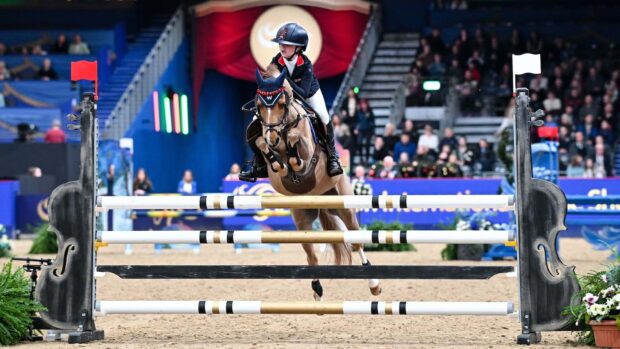Legislation to help prevent fly-grazing is being rushed through the Welsh Government.
But welfare agencies say that unless Westminster follows suit, the problem could
worsen in England.
A new bill will give local authorities the power to seize or impound horses abandoned on public or private land without permission.
Owners will only have seven days to come forward to reclaim the animal — as opposed to the current 14 — and will be liable for costs.
Roly Owers of World Horse Welfare told H&H he supports the move. But he added that if England doesn’t follow Wales’ lead, the problem will move over the border.
“One reason why fly-grazing has increased is because it is so easy to get away with. This may no longer be the case in Wales,” he said.
“The proposals have the potential to end a great deal of suffering, but it is imperative for England to bring in and enforce similar laws.”
With winter approaching, the Welsh Government plans to fast track the bill.
“While not a panacea, we believe this is a positive step toward tackling the equine crisis in Wales,” said the RSPCA’s Steve Carter.
“Any delay to this bill could leave animals to suffer throughout the coming winter.”
Lee Hackett of the British Horse Society agreed: “This couldn’t have come at a more appropriate time, as the equine charities gear themselves up for what we expect to be the hardest winter we have ever faced, with thousands of horses at immediate risk.
“We just hope that the politicians at Westminster are listening, as the problem is by no means confined to Wales.”
The RSPCA added that the new legislation will help charities work together to take action against offenders.
This summer, horse trader and serial fly-grazer Tom Price, from the Vale of Glamorgan, was jailed for eight months and banned from keeping horses for five years.
He was found guilty of 57 animal welfare and cruelty charges after causing unnecessary suffering to 18 horses found at five locations in south Wales (news, 25 July).
Steve Carter added: “Successful convictions, like that of Tom Price, are dependent on co-ordination between all agencies. This approach remains essential to improving enforcement and welfare.”
This news story was originally published in Horse & Hound magazine on 31 October 2013.





